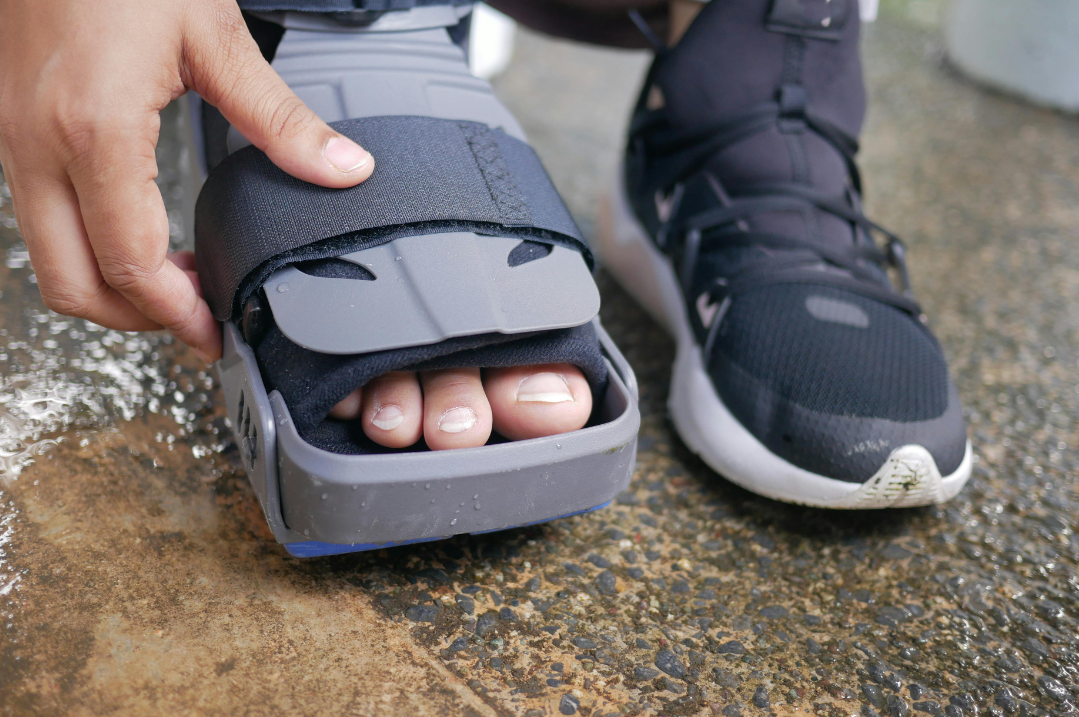Motivation in Long Rehab Journeys: What Actually Works
Nov 1
I once worked with an athlete—we’ll call her Emma—who had a high-ankle sprain that turned into a six-month rehab journey. Months of PT, consistent progress, and yet every morning she would walk into the clinic and sigh:
“I’m just tired of this.”
Strength was improving. Movement patterns were cleaner. The tissues were healing.
But her motivation wasn’t.
Here’s what we discovered: the barrier wasn’t her ankle anymore — it was what her mind was carrying through the rehab process. And if we didn’t address that, no amount of exercises would solve the problem.
Why Motivation Matters in Long Rehabs
When rehab stretches into months, the biggest challenge usually isn’t pain — it’s fatigue from the process itself. The exercises become routine, progress slows, and the brain starts asking:
“Is all this work still worth it?”
Research backs this up. One study found rehab motivation significantly decreases after the 2–3 month mark, and that drop directly affects functional recovery. (Hirooka et al., 2023) Another study surveying 479 patients found that the strongest motivators were:
• Seeing recovery as possible,
• Setting meaningful goals, and
• Connecting rehab to real-life activities. (Funakoshi et al., 2023)
In other words: motivation isn’t just a “nice extra” — it’s a predictor of outcome.
What Actually Works
With Emma, the key wasn’t working harder — it was reconnecting her rehab to what she cared about. Here’s what changed everything:
1. Tie Rehab to Identity, Not Just Injury
Instead of “3 sets of banded ankle work,” we reframed it:
“This is getting you back to full-speed soft sand sprints.”
Research shows rehab motivation increases when therapy aligns with the person’s lifestyle or identity. (Funakoshi et al., 2023)
2. Short-Term, Realistic Wins
We stopped thinking in months and started thinking in weekly milestones:
• Week 1: Jog pain-free for 5 minutes
• Week 2: First acceleration drill
• Week 4: Return-to-sport sprint test
Goal-oriented rehab improves adherence and recovery outcomes. (Lenze et al., 2019)
3. Add Social Accountability
Rehab is easier when you don’t feel alone in it.
We looped in teammates, coaches, and even a “rehab buddy” to share progress. Increased social support is linked with higher rehab motivation and better quality of life. (Chin et al., 2022)
If you want a video explaining how important the mental side of sports recovery is check this out: https://www.youtube.com/watch?v=qwDDRsSjmt0
The Truth Most People Miss
If you’re months into rehab and feel mentally checked out, here’s the hard truth:
It’s not about pushing harder —
It’s about reconnecting your rehab to meaning.
Because motivation isn’t the spark at the beginning of your rehab.
In long recoveries, it’s the fuel that keeps you moving forward when excitement fades and monotony kicks in.
If your motivation is slipping, reply and tell me one thing that feels hardest right now — I’ll help you re-anchor it to a “why” that actually energizes you again.
References:
Hirooka, K. et al. (2023). Changes in motivation for rehabilitation in stroke patients and the effect on functional recovery. International Journal of Environmental Research and Public Health.
Funakoshi, Y. et al. (2023). Patient motivation for rehabilitation: A multi-center survey. Journal of Physical Therapy Science.
Lenze, E. et al. (2019). Goal-oriented rehabilitation found to improve recovery. Washington University School of Medicine release.
Chin, J. et al. (2022). Influence of social support on rehabilitation motivation and quality of life in stroke patients. International Journal of Environmental Research and Public Health.
